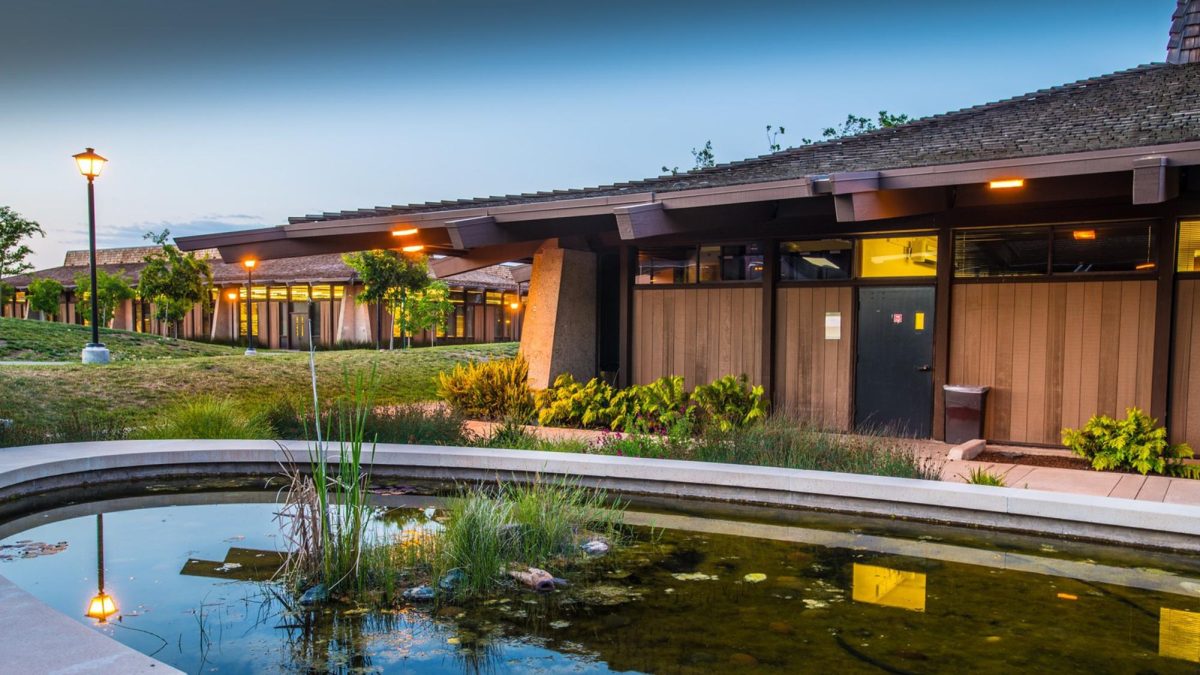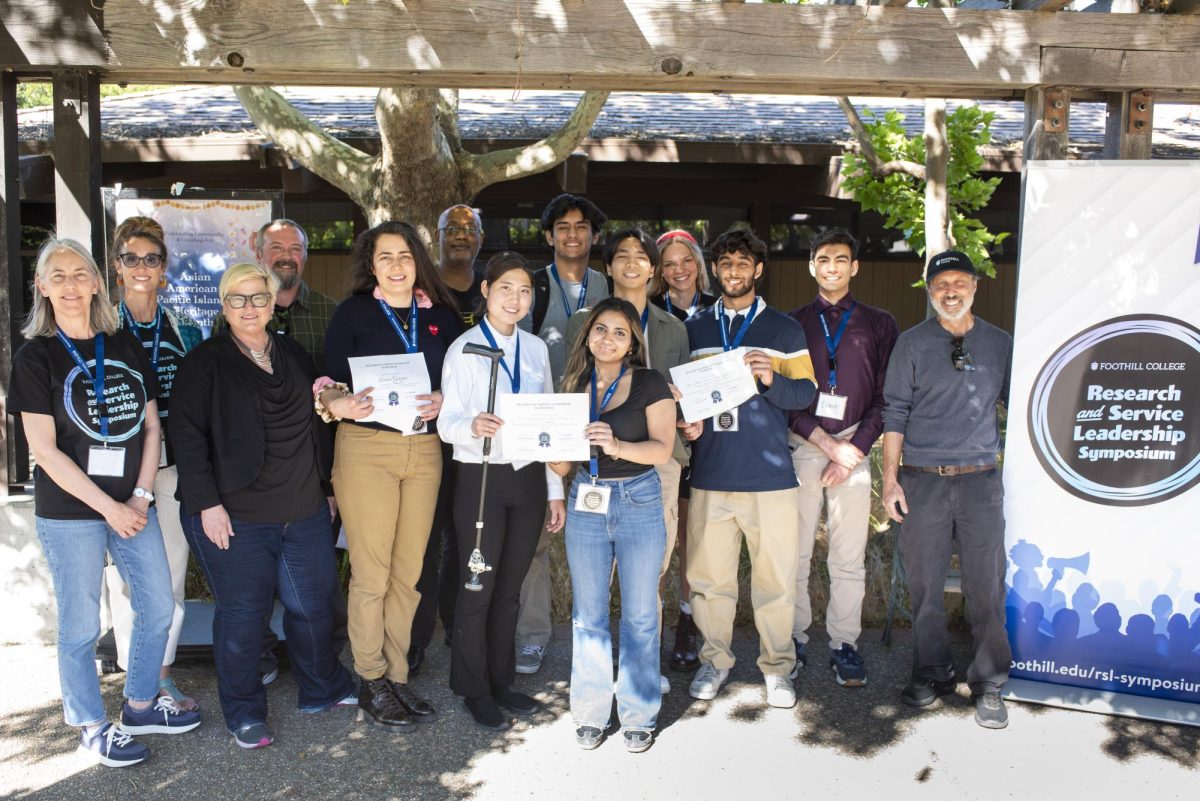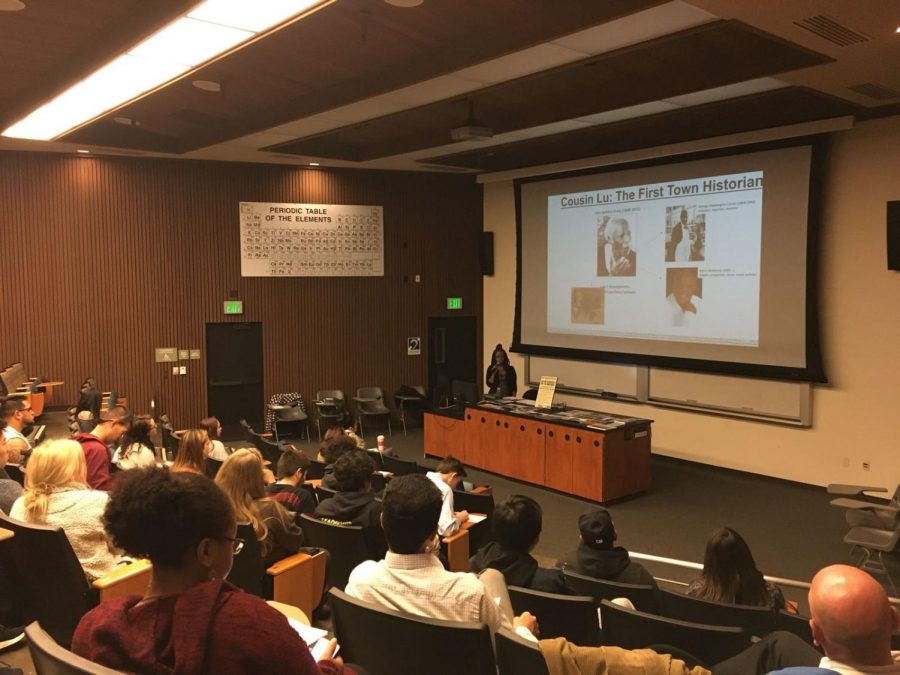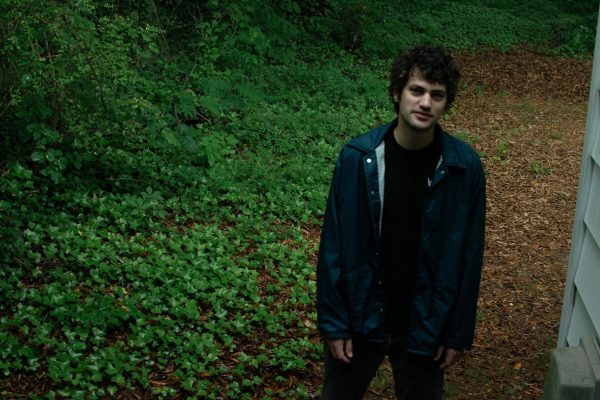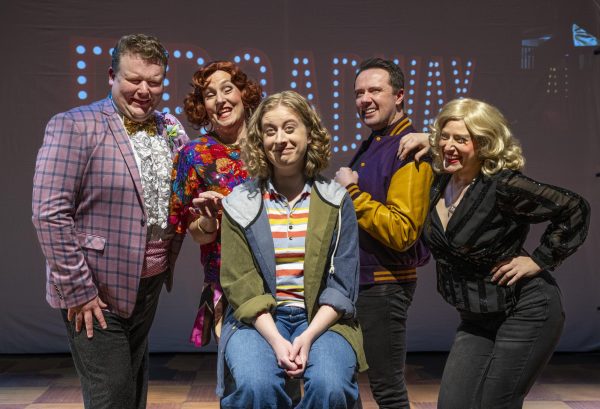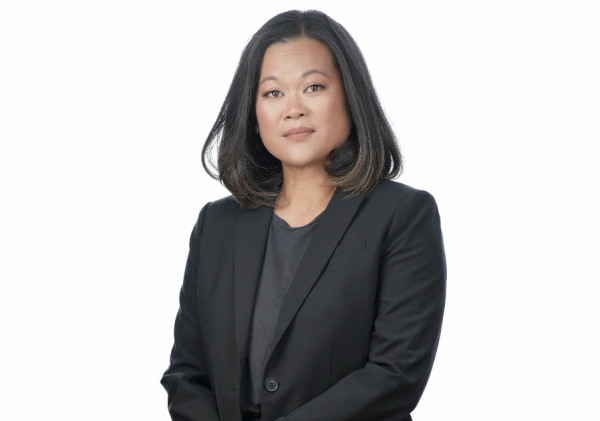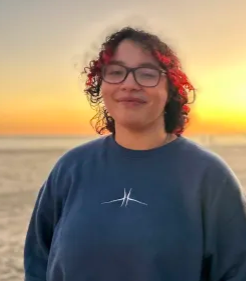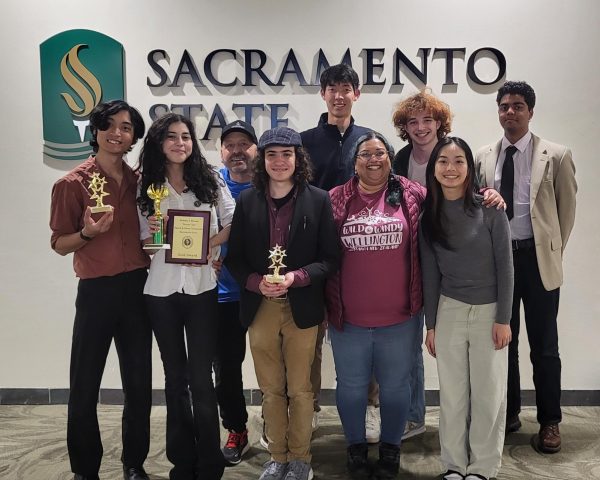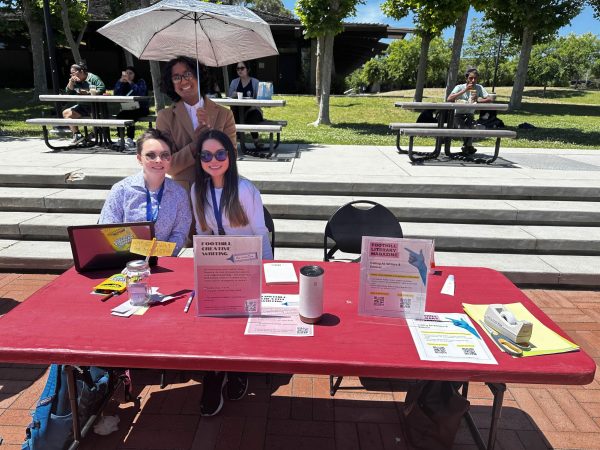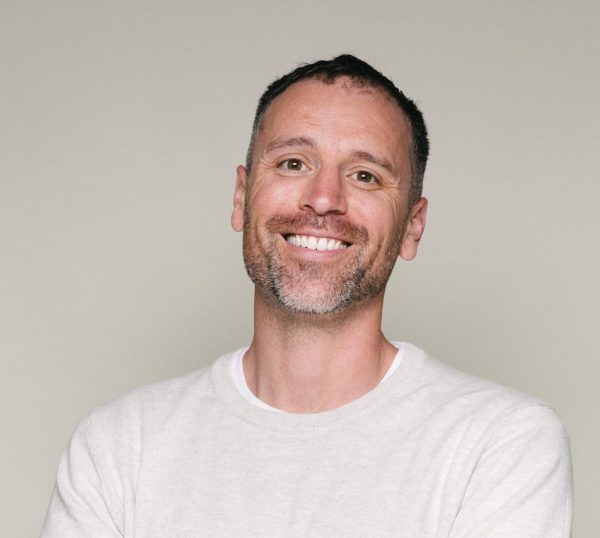Preserving a Town Founded by Former Slaves
Yesterday, the Humanities Lecture Series presented “Nicodemus, Kansas: Where Do We Go From Here?” featuring Dr. Ashley Adams, Program Coordinator of the Humanities Mellon Scholars Program.
Dr. Adams completed her dissertation research on Nicodemus, Kansas, an African American town founded in 1877 by former slaves who left Kentucky after the Reconstruction period that followed American Civil War. There are 5 historic Nicodemus buildings that have been recognized and declared as a unit of the National Park System in 1996. Though President Bill Clinton signed the Nicodemus National Historic Site into law, the historical landmarks are in dilapidated condition due to a lack of funds.
The plight that Dr. Adams, a descendant of Nicodemus herself, brings to light is the importance of such neglected historic sites that are for the most part, unknown.
“It’s not about African American history, it’s about American history,” she said.
The town was once of national value due to its cultural heritage and historical significance. Nicodemus, Kansas, was a bastion of hope for the former slaves, who gave everything they had to travel there for a new life.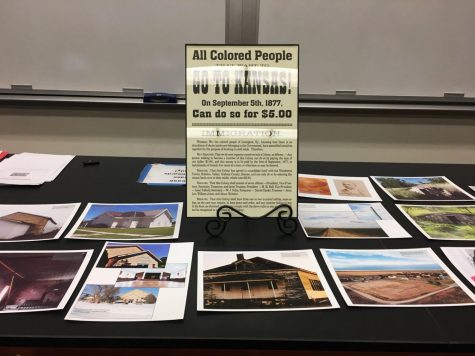 Stephen So
Stephen So
The issue of neglect is deep-set and complex. When asked of the solution, Dr. Adams responded with, “I really don’t know the answer.”
Nicodemus’s underrepresentation “is something that is deeper than funding…deeper than having a website… because these are the results of what has been ingrained and embedded into our memories as a society. As a nation, we have not made this a priority.”
Due to the widespread and deeply entrenched nature of structural neglect, Dr. Adams expressed that, “I can scream and holler all I want, to whoever I want… [but] we need people. We need people who care about it, to get involved in it, to actually make it happen.”
Despite the bleak situation, Dr. Adams remains steadfast in preserving Nicodemus as part of the Nicodemus Historical Society board.
“One of the things that we’re doing to prepare for what we hope is coming is we have created a strategic plan… Right now, we are preparing for people or donors that want to help us, that’s kind of where we are at right now.”
To get to that point, Nicodemus will have to fight public apathy — garnering empathy and public concern to its preservation as a National Historic Site.
Dr. Tony Kashani, a humanities instructor at Foothill, spoke up to address the issue of a lack of public concern.
“The solution is glaringly obvious, it is like the elephant in the room that nobody wants to talk about. We as a society seem to have lost our compass of values.”
Turning towards the lecture attendants, he implored, “Where is our heritage? Do we value history?”
Dr. Kashani postulates that Nicodemus may be saved, if the American masses realize the importance of their culture.
“The problem is, we know what we need to do, but we need to be given that compass to find the right roads to understanding that, yes, this actually matters. Because if we start caring about Nicodemus and the Americans who built this town, they will start caring about the community, and so on. The next thing you know, maybe we will have a quiet revolution.”
The burden of saving history lies on the shoulders of all — regardless of ethnicity, race, or culture because, as Dr. Adams puts it, “it is a collective history.”
“If you have not researched your history in any way, you should do that. I just want to throw that in there.” Dr. Adams said, urging the attendants at the lecture to explore their roots.
The past may be the past, but it is quintessential to understanding the present, and building a stable understanding to move into the future.
To learn more about the Humanities as a field of study, Foothill College offers a large selection of Humanities classes and a Humanities Certificate of Achievement in just 20 units.
The Humanities Mellon Scholars Program gets students ready for transfer in 2 years and guarantees admission to the University of San Francisco, on top of eligibility for UC and CSU transfer. Furthermore, participating students get a designated faculty advisor, paid internship for 2 academic quarters, financial help for course material, and invitations to workshops and social events.





